Stage 1: Enter
Steps to Enter
- Meet the Eligibility Requirements.
- Write a 500-word proposal for an essay on this year's Essay Question, as posted.
- Provide one photograph as described below.
- Submit the essay and photograph online.
Eligibility
- The competition is open to all current full-time registered students in an undergraduate architecture degree program or undergraduates majoring in architecture in accredited schools of architecture worldwide. Diploma in Architecture students who have not yet completed their Diploma are also eligible.
- Essays must be submitted in English.
- Finalists will be required to provide proof of current registration in the form of copies of actual school transcripts. You are still eligible to compete if you were an undergraduate student on September 15, 2020, but graduate before the awards are scheduled to be given.
Team Up
Two students (maximum) who meet the eligibility requirements above may collaborate as authors. An architecture student may team up with another undergraduate in architecture, landscape architecture, urban studies, arts and humanities, the social sciences, or engineering. If two students collaborate, then both names must appear on their essay and if awarded a prize, the prize is to be equally shared.
Photograph Requirement
This year you are asked to include ONE digital photograph that you have copied from any section, any page, and any year of the BERKELEY PRIZE website that has influenced your Proposal. A brief caption - 50 words maximum - should accompany the photograph telling us what the photo represents and why you have chosed it in particular. Please post the photograph at a minimum 500 pixels wide, and in .jpg format. No more than one photograph will be accepted. The Readers are instructed NOT to add or detract points from their evaluation because of the quality of the photograph itself. The Readers, however, will evaluate how the photograph helps support the argument you have made in your Proposal.
Judging Criteria
Judging for the essay competition is on a numeric system. The members of the BERKELEY PRIZE Committee are asked to evaluate each essay in terms of the following criteria:
- Does the Proposal address the Question?
- How creative, or creatively developed, is the Proposal?
- Would the Proposal be clear to a broad audience?
- How does the Proposal rank in terms of writing style?
- How socially significant is the Proposal?
- What is the potential for developing this Proposal into a strong essay?
Each criterion is given a score of 1 to 5 (5 being the highest). The top approximately 25 scoring Proposals become Semifinalists.
Purse
There is a total prize of 35,000USD, minimum 7,500USD first prize. The remaining purse is to be allocated at the discretion of the Jury.
Calendar
| September 15, 2020 |
Launch of 2021 Essay Competition. |
| November 1, 2020 |
(Stage One) 500-word essay proposal due. |
| Mid-December, 2020 |
Essay Semifinalists announced. |
| February 1, 2021 |
(Stage Two) Essay Semifinalists' 2,500-word essays due. |
| February 8, 2021 |
Launch of Community Service Fellowship Competition for Essay Semifinalists. |
| Early-March, 2021 |
Essay Finalists announced. |
| March 12, 2021 |
Community Service Fellowship proposals due. |
| Mid-April, 2021 |
Essay winners and Community Service Fellowship winners announced. |
Copyright
By submitting your essay, you give the BERKELEY PRIZE the nonexclusive, perpetual right to reproduce the essay or any part of the essay, in any and all media at the BERKELEY PRIZE’s discretion. A “nonexclusive” right means you are not restricted from publishing your paper elsewhere if you use the following attribution that must appear in that new placement: “First submitted to and/or published by the international Berkeley Undergraduate Prize for Architectural Design Excellence (www.BerkeleyPrize.org) in competition year 20(--) (and if applicable) and winner of that year’s (First, Second, Third…) Essay prize.” Finally, you warrant the essay does not violate any intellectual property rights of others and indemnify the BERKELEY PRIZE against any costs, loss, or expense arising out of a violation of this warranty.
Registration and Submission
You (and your teammate if you have one) will be asked to complete a short registration form which will not be seen by members of the BERKELEY PRIZE Committee or Jury.
REGISTER HERE.
|
|
|
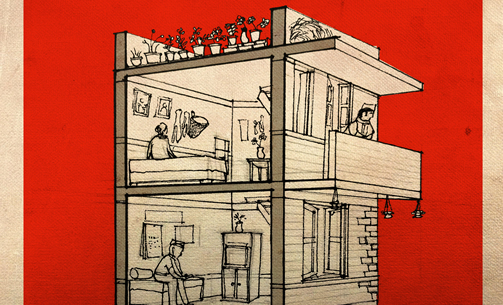 Nipun Prabhakar (BP 2014), Buddhi Bahadur’s House, Siddhipur, Kathmandu
Valley, Nepal (Undated) 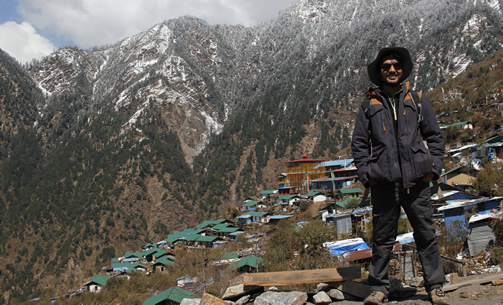 Nipun Prabhakar (BP 2014), Nunnery, Remote Himalayas, Nepal (2017) 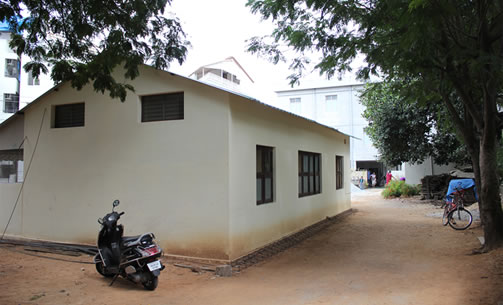 Aparna Ramesh (BP 2013), Cottage for Children, Bangalore, India (2015)  Aparna Ramesh (BP 2013), Cottage for Children, Bangalore, India (2015)  Holly Simon (BP 2011), Justin Loucks, Phil Wilson, Kevin Lo, The Public Speaker,
Calgary, Canada (2015). Photo Credit: Stenhouse Photography 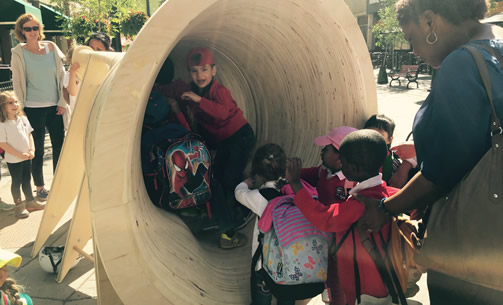 Holly Simon (BP 2011), Justin Loucks, Phil Wilson, Kevin Lo, The Public Speaker,
Calgary, Canada (2015)  Neelakshi Joshi (BP 2009), Soso House, Ladakh, India (undated). Photo Credit: Sonam
Wangchuck 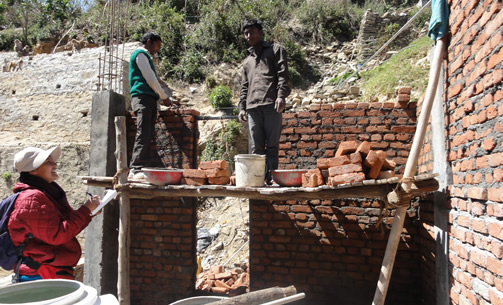 Neelakshi Joshi (BP 2009), Fieldwork at construction sites, Himalayas, India (undated) 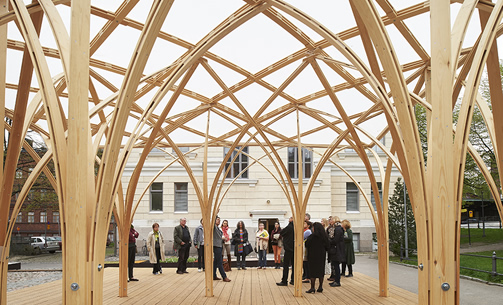 Philip Tidwell (BP 2003) and Peripheral Projects Studio, The Säie pavilion, Helsinki,
Finland (2015) 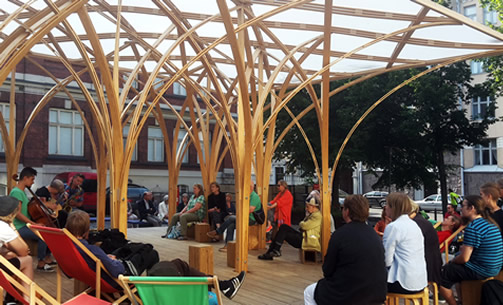 Philip Tidwell (BP 2003) and Peripheral Projects Studio, The Säie pavilion, Helsinki,
Finland (2015) 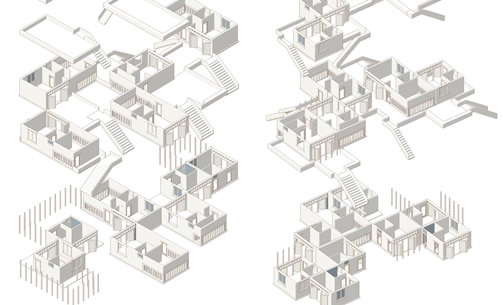 Tarun Bhasin (BP 2015), World Architecture Festival Student Charrette Entry (2016) 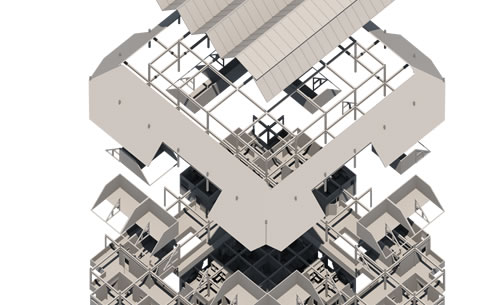 Tarun Bhasin (BP 2015), World Architecture Festival Student Charrette Entry (2016) 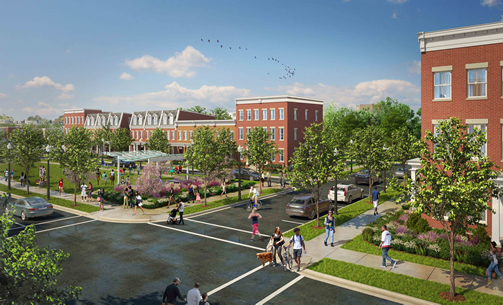 Delma Palma (BP 2014), a planned mixed-income development, Washington, D.C.,
USA (undated) 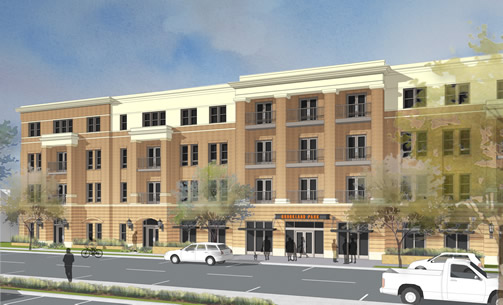 Delma Palma (BP 2014), an affordable apartment building, U.S.A. (undated) 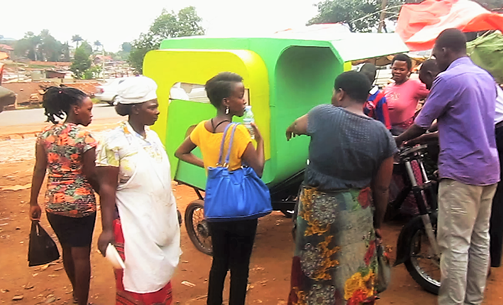 Ben Wokorach (BP 2013), Fruiti-Cycle First Prototype, Kampala, Uganda (2016) 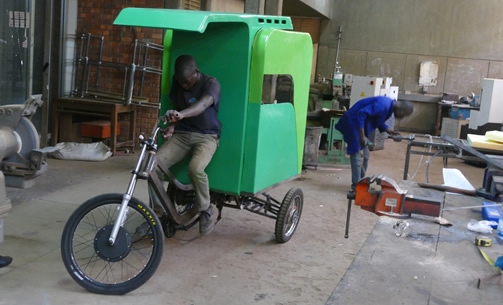 Ben Wokorach (BP 2013), Fruiti-Cycle Second Prototype, Kampala, Uganda (2016) 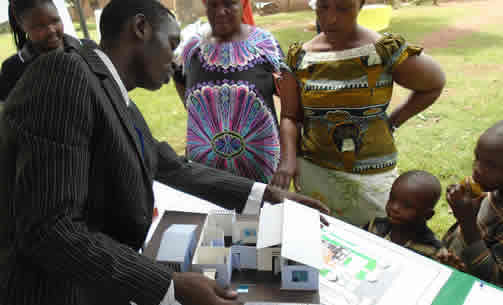 Andrew Amara (BP 2006), a workshop to engage local families in designing
affordable and sustainable shelter, Kampala, Uganda (2016) 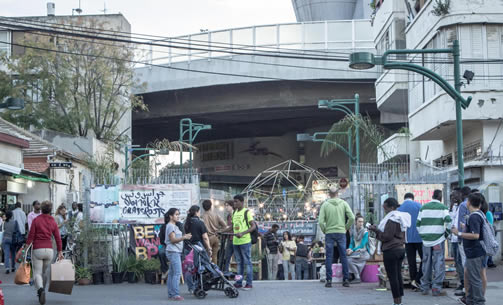 Robert Ungar (2010) and ONYA collective, a garden in a formerly abandoned entrance
to Tel-Aviv Central Bus Station, Tel-Aviv, Israel (2015) 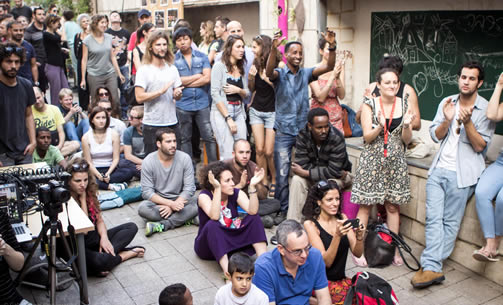 Robert Ungar (2010), Grassroots 2015, a community organized festival in ONYA
collective garden, Tel-Aviv, Israel (2015) 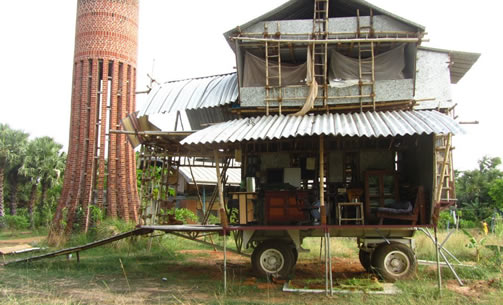 Avikal Somvanshi (2008), The Ladder House, New Delhi, India (2012)
|
|




















